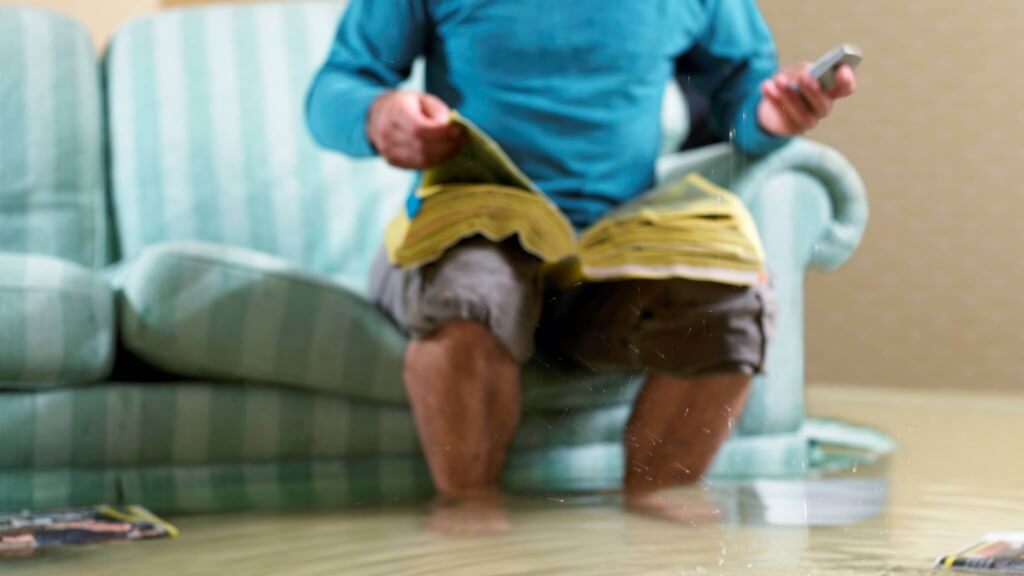
When something goes wrong with your house, it's tempting to panic. After all, your house is your source of shelter, a storage place for your belongings, and an emotional center for you and your family. However, even when things seem bleak, if you act quickly, you can prevent these disasters from ruining your home.
Foreclosure
Foreclosure is a legal proceeding in which the lender who supplies your mortgage takes ownership of your property because you have not kept up with your payments.
This process is a drastic measure that lenders do not usually take without serious reason, since they have to evict you and resell the house to make a profit. If your lender is threatening you with foreclosure, there are a few things you can do to stop foreclosure in Michigan.
Consult with an experienced lawyer, such as those at Stone Rose Law, about filing for bankruptcy, and contact the bank to explain why you have not made any payments. While there are no guarantees in a situation like this, the more open you are about your financial problems, the more likely the bank will help you.
Health Hazards
Health hazards such as lead paint and asbestos are most common in older houses, which were built using different safety standards. New houses are not exempt from health issues, though; some are insulated and sealed so tightly that hazardous fumes easily build up.
If you discover a safety hazard in your home, you do not necessarily have to sell it at a loss. Speak to a construction expert or your real estate agent to find out how serious the issue is and how expensive repairs will be.
If you have small children or people with compromised immune systems in your household, you may need to find them temporary housing until the hazard is addressed. Do not delay this step, since exposure to toxins such as lead often has drastic health consequences for children.
Storms
Storms are hard to predict, particularly for people who live near the ocean, and violent ones such as hurricanes and tropical storms frequently cause devastating destruction. If you're worried that a strong storm will destroy your house, remember to prioritize you and your family's lives above saving your property.
When your governor or local emergency services order you to evacuate, do so. Before the storm hits, though, put all valuable items into sealable plastic containers. Move lawn furniture into your garage or basement, and tie down any loose items that cannot come inside.
Close and lock your windows, and close the shutters if you have them. Place sandbags in front of every entrance to your house to prevent water from entering. Once the storm passes, return to your house as soon as it is safe to do so.
Contact your insurance company to find out how much of the damage is covered, and begin opening your house so that any floodwaters can drain out.
Your house has both sentimental and practical value, and if you fight for it, you can protect it from these disasters.
Thanks for signing up to Minutehack alerts.
Brilliant editorials heading your way soon.
Okay, Thanks!